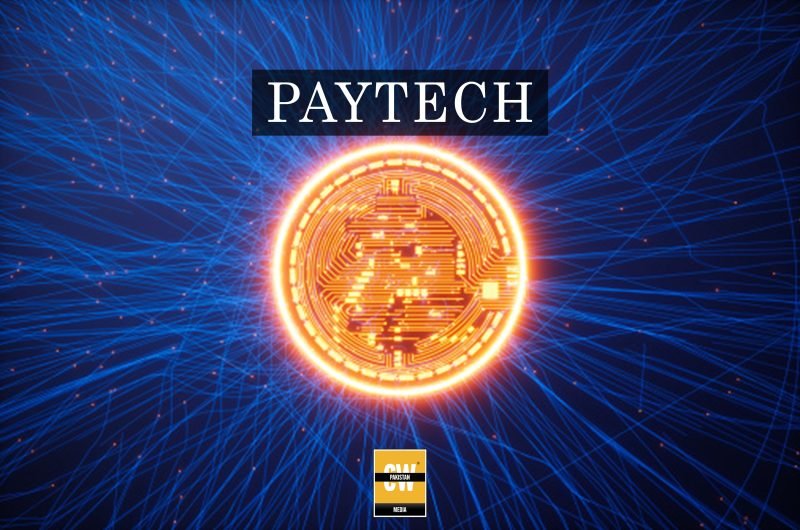The Securities and Exchange Commission of Pakistan (SECP) has issued a directive requiring all regulated entities to adopt digital payment solutions by October 31, 2025. This includes the mandatory implementation of Raast QR codes, the instant payment system developed by the State Bank of Pakistan (SBP), which is available free of cost to businesses through banks, microfinance banks, and electronic money institutions.
The decision applies to non-banking finance companies (NBFCs), insurance firms, modarabas, securities brokers, and other licensed intermediaries under SECP’s regulatory ambit. The move is being hailed as a significant step toward achieving Pakistan’s broader national vision of a cashless economy, which aims to promote financial inclusion, enhance transparency, and improve efficiency across multiple sectors of the economy.
As part of the directive, regulated entities are required to ensure that digital payment options, particularly Raast QR codes, are displayed prominently at all business outlets. Customers must be given the option to make payments digitally and cannot be refused if they choose to do so. By standardizing QR-based payments across financial and non-financial entities, SECP is ensuring that digital channels become a mainstream mode of transaction rather than an alternative.
The SECP highlighted that Raast QR codes are available free of cost, eliminating cost barriers for businesses and intermediaries. This initiative is designed to accelerate digital adoption while reducing reliance on cash, which continues to dominate transactions in Pakistan. Cash-heavy operations not only slow down financial inclusion but also create gaps in transparency and compliance, making the shift to digital payments a critical national priority.
Industry analysts view the SECP’s directive as a transformative measure, as it will push digital adoption among businesses that have traditionally lagged in this area. Insurance companies, securities brokers, and NBFCs will be required to offer their customers seamless digital payment methods, enabling faster, more secure, and traceable transactions. By mandating compliance by October 2025, SECP has provided regulated entities with a clear timeline to upgrade their systems, train staff, and ensure readiness for the shift.
Pakistan’s journey toward digital payments has been gaining traction with the rollout of Raast, which has already been integrated by banks and fintech firms for peer-to-peer transfers, merchant payments, and other use cases. By making Raast QR codes mandatory across regulated entities, SECP is extending the ecosystem to industries that previously relied heavily on conventional payment methods. This is expected to significantly widen the adoption base and embed digital transactions into the everyday operations of businesses.
The SECP directive also aligns with global best practices, where financial regulators are increasingly pushing for digitization as a means to improve efficiency and combat illicit financial flows. By ensuring that customers cannot be denied the option of paying digitally, SECP is setting the foundation for a future where electronic transactions are the norm. The move is also expected to improve data collection for financial monitoring, compliance, and policy development, strengthening Pakistan’s economic governance framework.
With October 2025 as the deadline, market participants will now be working toward implementing the required infrastructure to ensure compliance. For consumers, this shift promises greater convenience, transparency, and security, while for businesses, it opens opportunities to streamline operations, reduce risks associated with cash handling, and integrate into Pakistan’s evolving digital economy.







